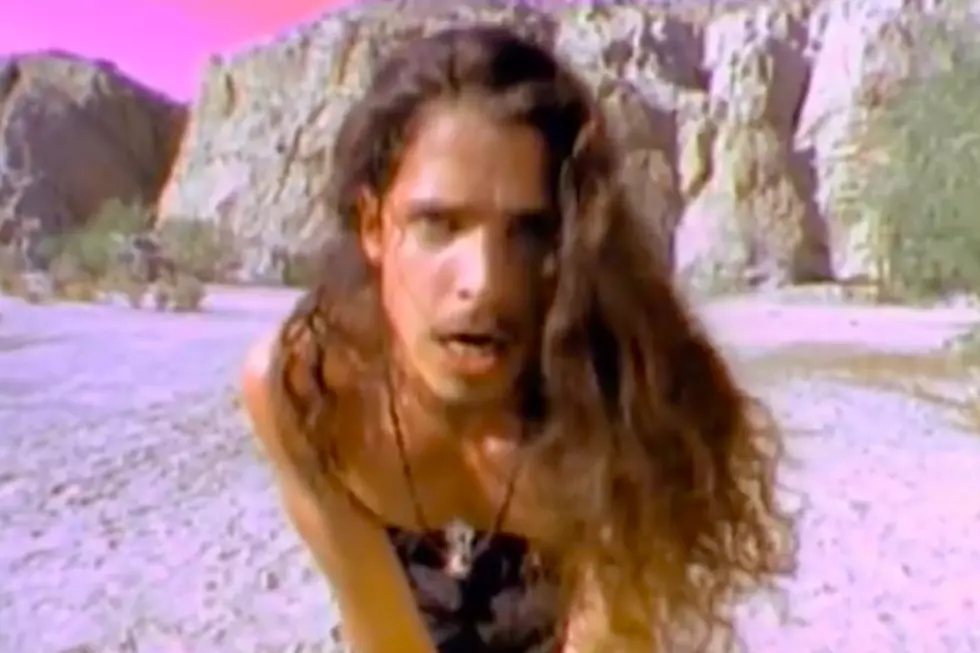
Daylight Saving Time Arrives This Weekend
It’s the weekend we all love to hate, the weekend we turn our clocks forward one hour before we go to bed and lose an hour of sleep. But WHY? Why do we do this to ourselves?
If only the answer was as short as the question. It seems that this is something done in most places around the world to make better use of available daylight by moving an hour of daylight from the morning to the evening so that we have more time to enjoy outdoor activities after we finish our daily work. The practice was adopted in the united states in 1918. Back in the early 20th century, when electricity was new in some places and not even available in others, that may have made a lot of sense. It is estimated that in 1925 only about half of the homes in the United States were wired for electricity. Today, in our 24/7/365 world it doesn’t mean what it did before. Some research indicates that the time changes save money and energy, other research indicates the opposite is true. All research indicates it makes us a little more grumpy in the morning for a few days every spring. We won't get our missing hour of sleep back until November 3rd.
Over the years the exact dates for the time change, especially in the fall, have varied. After a great deal of lobbying by parents and candy producers it was pushed back to a date after Halloween so the children would have more daylight for Trick-Or-Treating. Halloween night has four times as many traffic injuries to children as any other night of the year so this was pretty much a no-brainer.
The time change has caused other strange incidents, too. Consider the birth of twins at the time change in the fall. If the first is born at 1:55 a.m. Saturday and the second is born 10 minutes later, after the 2:00 a.m. time change, the second’s birth certificate would indicate that it had been born first at 1:05 a.m. Tell me that’s not going to lead to any sibling rivalry!
The change back to Standard Time in the fall has been used as an explanation for low voter turnout as it got dark before the polls closed and people didn't want to venture out.
Amtrak seems to have an interesting way of dealing with the time change. In the fall when the clocks are moved backward the trains are instantly an hour ahead of schedule; so they stop for 60 minutes wherever they happen to be and wait until they’re back on time again. In the spring they’re instantly an hour behind and simply try to make up the time as best they can. Granted, it’s in the middle of the night and they can probably adjust their speeds on longer treks, but wouldn’t it just make sense to adjust the arrival times on the schedule to reflect the change in the clocks?
In the end, it seems there’s not much we can do except resign ourselves to resetting our clocks on Saturday night or face the shame of being late for church on Sunday morning. That only happened to me once and I was six at the time so I can legitimately say it wasn’t my fault.
Click here for more than you ever wanted to know about the origins and workings of Daylight Saving Time.
More From 106.3 The Buzz









